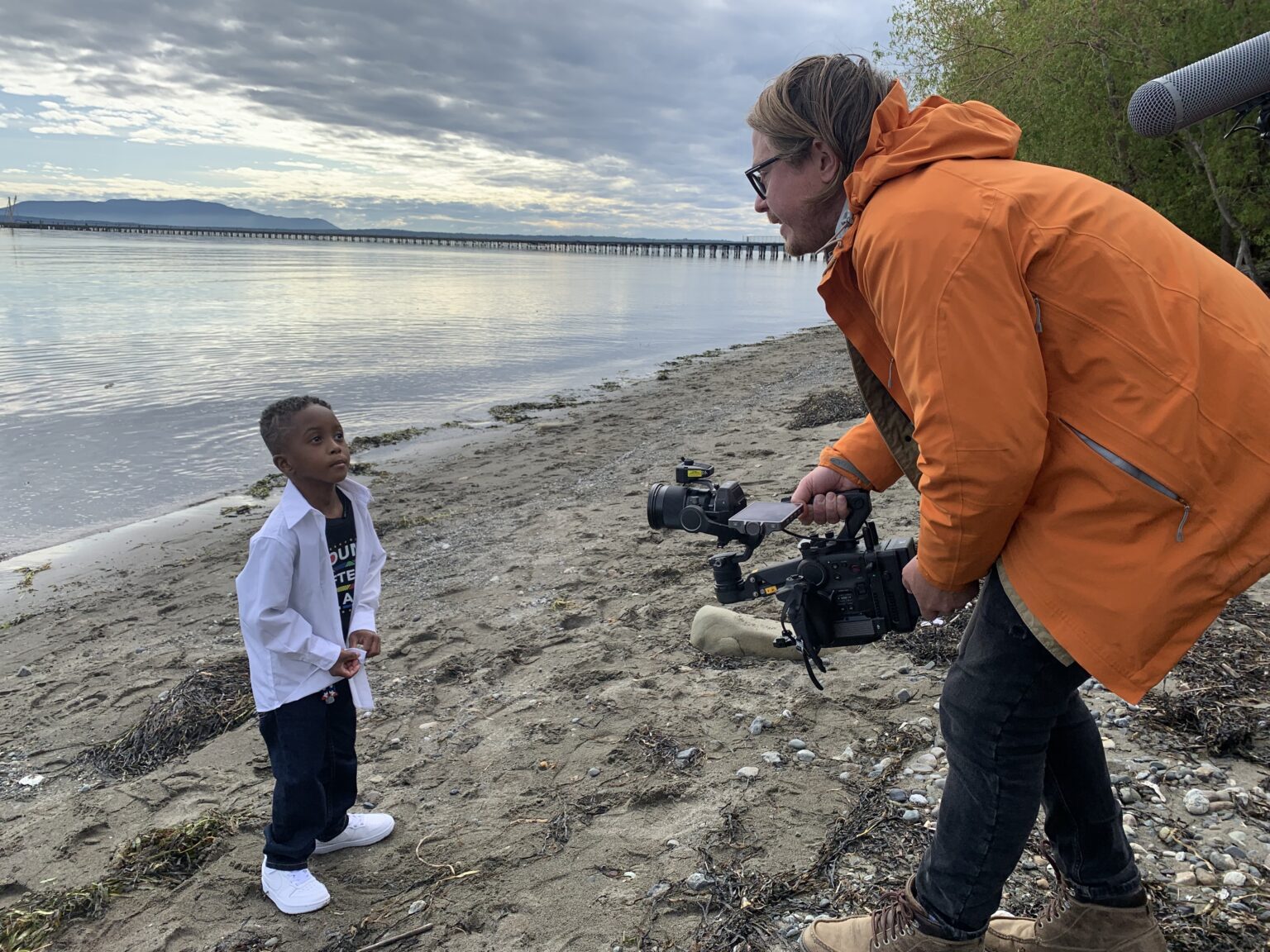When a group of Black community leaders came together to film a video in Whatcom County about Junete




- Save money
- Support local businesses
- Unlock exclusive Cascadia Daily News subscription discounts, like 50% off an annual subscription!
Browse our subscription offers or consider donating to support local journalism.
Already a subscriber?
Log in



